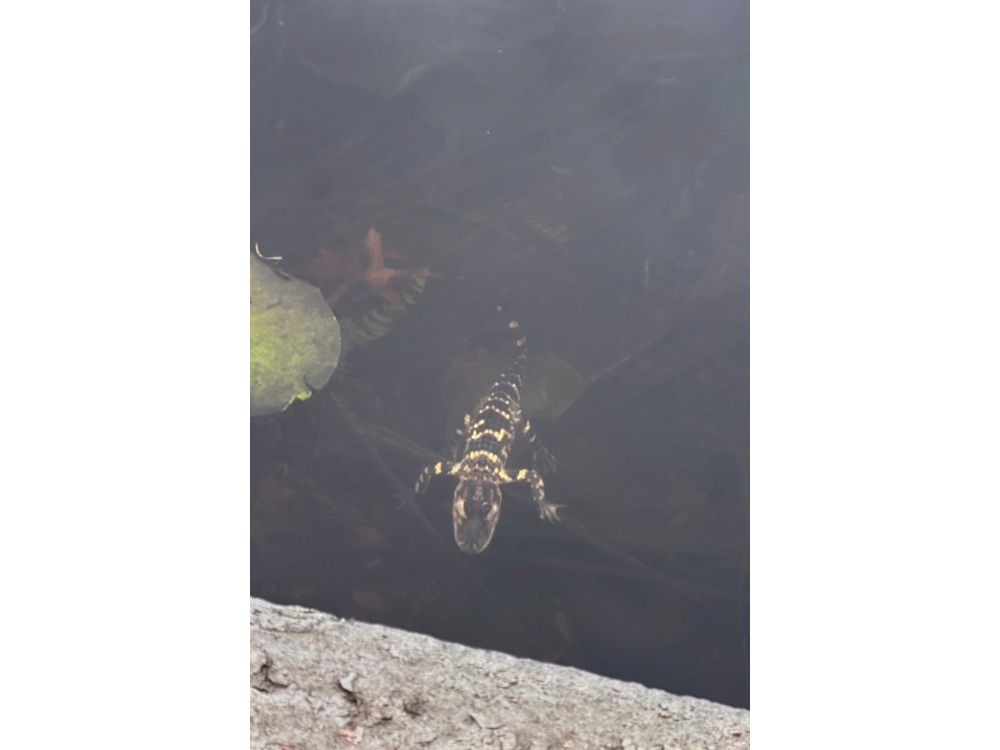A chilling warning has been issued to Americans traveling in Japan: be vigilant. A surge in bear activity has resulted in a tragic toll – thirteen fatalities since April – and officials are bracing for further encounters.
The situation is particularly acute in northern Japan, prompting drastic measures. Maruyama Park in Sapporo, directly beside the U.S. Consulate General, has been temporarily closed after a bear was spotted within its boundaries. The alert emphasizes increased risk in areas bordering populated zones.
This isn’t simply a rural concern. Bears, driven by a desperate search for food, are venturing closer to homes and communities. A significantly diminished acorn harvest is believed to be the root cause, forcing the animals to seek sustenance where people live.
Japanese authorities have responded by deploying troops to the Akita region, the site of a recent attack. However, this isn’t a traditional military response; soldiers are equipped with bear spray, shields, and net launchers – focused on deterrence rather than lethal force.
The escalating crisis is already impacting daily life, with park closures becoming increasingly common. Residents of Hokkaido and Akita are reporting more frequent sightings, raising anxieties and prompting a heightened state of alert.
U.S. citizens in Japan are strongly advised to avoid known bear habitats and to immediately report any sightings to local authorities. Staying aware of your surroundings is now paramount for safety.
The situation underscores a growing conflict between wildlife and human populations, fueled by environmental factors and a desperate struggle for survival. This is a stark reminder of the power and unpredictability of the natural world.






